Table of Contents
Quality Service Guarantee Or Painting Free

Get a rental agreement with doorstep delivery

Find the BEST deals and get unbelievable DISCOUNTS directly from builders!

5-Star rated painters, premium paints and services at the BEST PRICES!
Loved what you read? Share it with others!
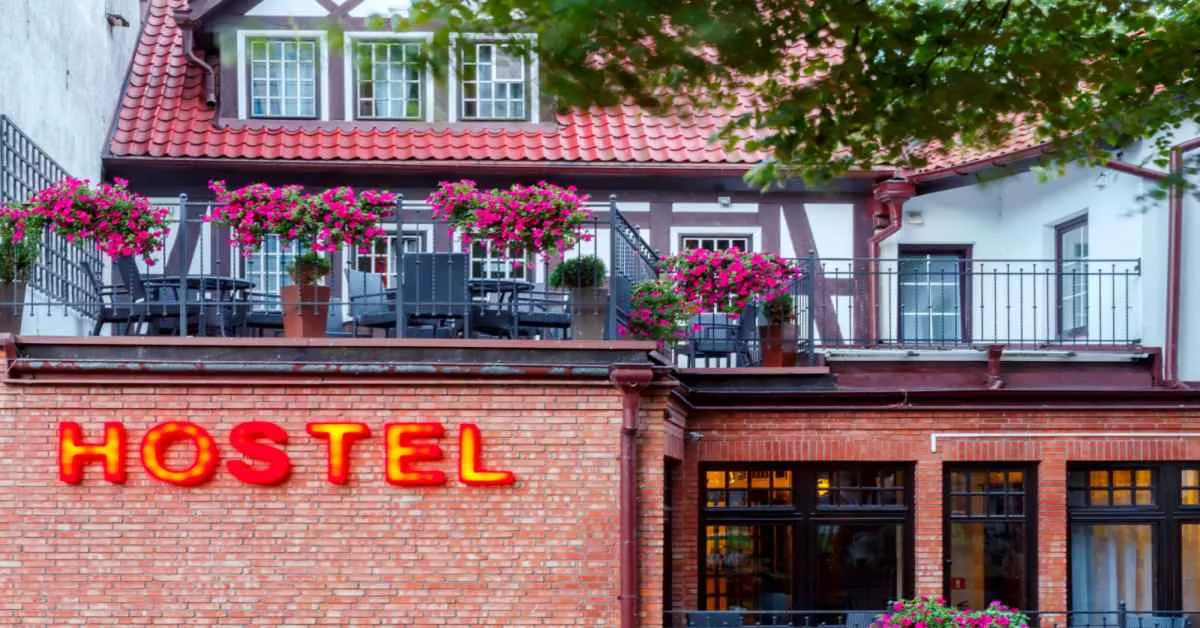
Difference Between PG and Hostel 2025: Living Facilities, Rules And Pros and Cons
Table of Contents
The difference between a PG and a hostel is an important consideration for students, working professionals, and budget-conscious travellers in India. Hostels offer affordable communal living with shared rooms, bathrooms, and mess facilities, making them an ideal fit for those who want to save money and enjoy a lively social environment. PGs, or Paying Guest accommodations, provide a home-like atmosphere with private or shared rooms, meals, and essential amenities such as laundry and Wi-Fi. They focus on comfort, privacy, and flexibility, making them suitable for students who need a quiet space to study and for professionals who prefer a calm, organised living space. With many lodging options available, understanding the differences between PGs and hostels helps travellers choose a place that matches their lifestyle, comfort, and budget.
Difference Between PG and Hostel – Quick Info Table
Understanding the difference between a hostel and a PG helps you choose accommodation that fits your budget and lifestyle. Below is the quick comparison table to help you understand quicker and better
| Aspect | Hostel | PG (Paying Guest) |
| Definition | Shared living space, mostly for students or working professionals, with dorm-style rooms and basic amenities. | A rented room in a private home that offers meals and limited facilities, often with a homely environment. |
| Target Group | Ideal for students, backpackers, and short-term stays. | Suitable for working professionals and students seeking comfort and privacy. |
| Room Type | Shared dormitories or twin-sharing rooms. | Single, double, or triple occupancy rooms with private or shared bathrooms. |
| Food Facility | Mess or common kitchen with fixed meal timings. | Home-cooked meals provided by the host or in-house kitchen. |
| Rules & Timings | Fixed curfews and strict entry-exit timings. | More flexible rules depending on the host. |
| Facilities | Basic amenities like Wi-Fi, laundry, and lockers. | Additional comforts such as AC rooms, attached bathrooms, and housekeeping. |
| Cost (Monthly) | ₹5,000 – ₹10,000 approximately, depending on location and facilities. | ₹8,000 – ₹20,000 approximately, based on amenities and location. |
| Best For | Students or travellers seeking budget-friendly and social living. | Professionals or students who prefer privacy, security, and comfort. |
What is a hostel?
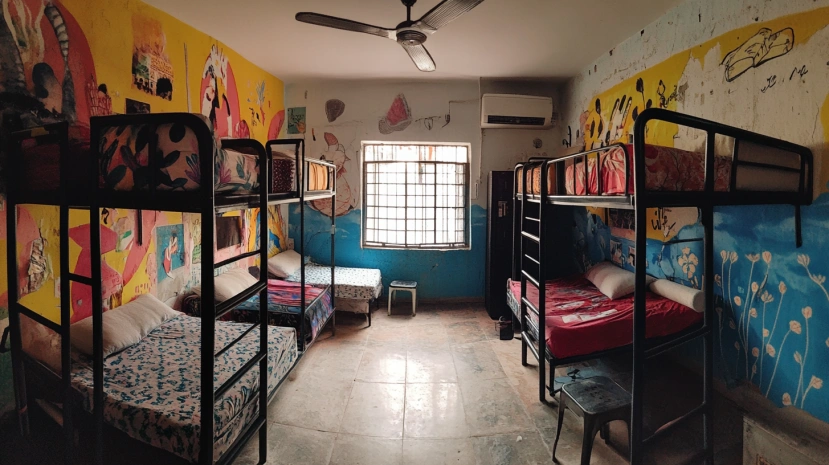
A hostel is a budget-friendly accommodation option that typically offers dormitory-style rooms with several beds. Hostels are popular among travellers looking for a cost-effective and communal living experience. The price of a bed in a hostel is often much lower than the cost of a private room in a hotel, making it an attractive option for budget-conscious travellers.
Quality Service Guarantee Or Painting Free

Get a rental agreement with doorstep delivery

Find the BEST deals and get unbelievable DISCOUNTS directly from builders!

5-Star rated painters, premium paints and services at the BEST PRICES!
The shared living spaces in hostels also provide an opportunity to meet other travellers, make new friends, and learn about different cultures. However, hostels can lack privacy, as there are often multiple people sharing the same room.
According to recent reports, the popularity of hostels in India is on the rise, with many young travellers opting for this type of accommodation over more traditional options.
Common Features of Hostels
Hostels offer a communal living experience that helps students engage in interaction and cultural exchange while keeping costs low. They are designed for travellers seeking social engagement, convenience, and affordability.
Key Features:
- Dormitory-style Rooms: Multiple beds in one room to reduce costs, often segregated by gender or age.
- Private Rooms: Some hostels also offer single or double rooms for travellers seeking extra privacy.
- Shared Facilities: Common bathrooms, kitchens, lounges, and recreational areas to promote socialising.
- Basic Amenities: Wi-Fi, lockers, laundry, and housekeeping services are often included.
- Flexible Stay Options: Short-term or long-term stays to accommodate students, interns, and travellers.
- Social and Cultural Interaction: Opportunities to meet other travellers, join events, and learn about different cultures.
- Affordable Living: Hostel beds are generally much cheaper than PG rooms or hotel rooms, making it ideal for students and budget-conscious professionals.
What is a PG(Paying Guest)?
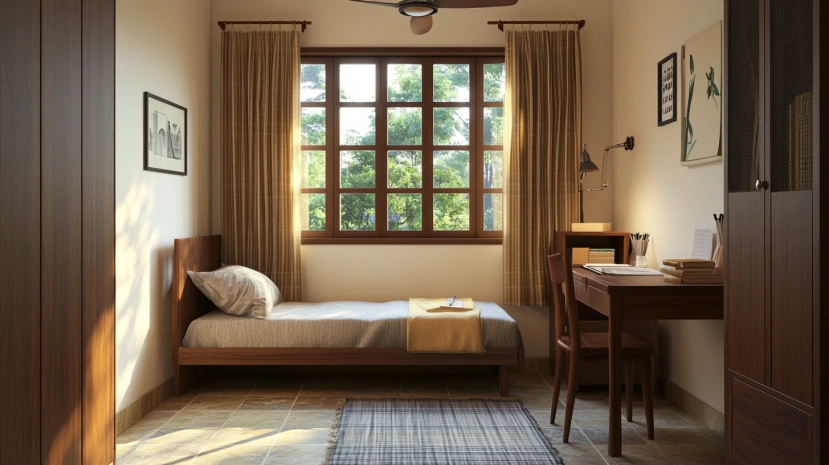
A PG is an accommodation where an individual rents a room in a private home. The cost is usually lower than a hotel room but higher than a hostel bed. PGs are popular among travellers seeking a home-like environment and cultural immersion.
Staying as a paying guest offers a personal experience of local culture and customs by living in someone's home. However, guests must also follow the host's rules and routines.
Recent reports indicate that PG accommodations are also gaining popularity in India, especially among travellers seeking a more authentic cultural experience.
Common Features of Paying Guest
A Paying Guest, or PG, is not just a place to stay. It gives you a home-like setting with privacy, comfort, and a sense of community. That’s why many students, professionals, and travellers choose PGs when they want an affordable and friendly place to live.
Key Features of a PG:
- Room Options: PGs offer private rooms for those seeking solitude or shared rooms for budget-friendly stays. Rooms often come furnished with a bed, a wardrobe, and a study area.
- Meals Included: Most PGs provide daily meals: breakfast, lunch, and dinner, saving residents time and effort.
- Essential Amenities: Common facilities include Wi-Fi, laundry services, housekeeping, and storage, making daily life hassle-free.
- Flexible Stay Duration: PGs allow short-term or long-term stays, accommodating students, interns, and professionals relocating to a new city.
- House Rules: Residents follow simple rules set by the host, ensuring a safe, organized, and respectful living environment.
- Cultural Experience: Living with a host or in a local neighbourhood provides exposure to local customs, traditions, and daily routines, giving residents a deeper connection to the city.
What is the Difference Between PG and Hostel?
When it comes to knowing what the difference is between a hostel and a PG, several factors come into play, including cost, living conditions, and cultural immersion.
- In terms of cost, hostels are typically the more affordable option. However, paying guests offer a more home-like environment, which may be worth the extra expense for some travellers.
- Living conditions are also an important consideration. Hostels offer a communal living experience, but lack privacy, while paying guests provide a more home-like environment, but also less independence.
- Finally, cultural immersion is a crucial factor for many travellers. Staying with a paying guest provides a more personal and authentic experience, while hostels offer the opportunity to meet other travellers and learn about different cultures.
Ultimately, the choice between a hostel and a paying guest will depend on the individual needs and preferences of the traveller. Budget travellers may opt for a hostel, while those looking for a more authentic cultural experience may prefer a paying guest.
| Comparison Factor | Hostel | Paying Guest (PG) |
| Cost | Typically cheaper, ideal for budget travellers | May be more expensive, offering a homelike atmosphere |
| Living Conditions | Communal living, limited privacy | More home-like, less independence, shared facilities |
| Cultural Immersion | Opportunity to meet diverse travellers | Personal, authentic experience with local culture |
| Flexibility | Often flexible with check-in/check-out times | May have stricter rules and curfews |
| Community | Social atmosphere, chance to make new friends | Living with a local family, the potential for deeper connections |
| Amenities | Shared facilities like kitchens and lounges | Access to home amenities like kitchen and living room |
| Personal Freedom | People have higher freedom in a hostel and fewer restrictions | PG is more like a home, and due to some house rules, it has moderate freedom |
| Security | They have basic security with just locker facilities | It has a residential setting, so it has more security. |
| Period of Stay | Perfect for a short-term stay while travelling (a few days or a week) | Perfect for a long-term stay (preferably months) |
What are the Advantages and Disadvantages of Staying in a PG?
Paying guests are much like homestays, which emulate home-like environments. Different kinds of PGs offer single-occupancy or shared rooms. In the latter scenario, amenities such as bathrooms, storage, and kitchens are also shared. In simpler terms, staying in a PG is like renting a room in someone else’s home. Below are some key points to aid the discussion of PG vs. hostel.
| Aspect | Advantages of Staying in a PG | Disadvantages of Staying in a PG |
| Affordability | A PG room is generally more affordable than renting a flat, especially for students and working professionals. Compared to hostels, PGs provide more comfort at reasonable rates. | In metro cities, the rent for a PG can sometimes equal or exceed hostel charges, depending on the facilities offered. |
| Meals and Services | Most PGs include home-style meals, laundry, and cleaning, which make daily life easier and budget-friendly. | Meals may lack variety, and residents often have limited flexibility with meal timings or choices. |
| Location Advantage | PGs are often located close to offices, colleges, and transport links, making them ideal for students and professionals relocating to new cities. | PGs in prime city areas may have smaller rooms or limited privacy due to shared spaces. |
| Freedom and Lifestyle | Compared to hostels, PGs offer more independence and a relaxed lifestyle. Tenants can enjoy flexible timings and a homely atmosphere. | Some PGs still impose house rules like curfews or visitor restrictions, limiting complete freedom. |
| Facilities and Maintenance | Modern PG accommodations feature Wi-Fi, air conditioning, and regular housekeeping, ensuring a smooth living experience. | Shared bathrooms or kitchens may occasionally cause issues related to cleanliness or coordination. |
| Community and Networking | Staying in a PG allows you to connect with people from different backgrounds, building friendships and networks. | Sharing living spaces can reduce privacy and sometimes lead to minor conflicts over shared amenities. |
Hostels are affordable and ideal for students or travellers seeking social interaction and flexibility. However, they offer limited privacy and comfort compared to PG rooms, which provide a more homely environment.
| Aspect | Advantages of Staying in a Hostel | Disadvantages of Staying in a Hostel |
| Affordability | Hostels are cheaper than PGs and flats, making them ideal for students and travellers looking for affordable accommodation. | While budget-friendly, hostels may compromise comfort and privacy compared to PG accommodations. |
| Social Interaction | Hostels offer a lively, social atmosphere where residents can connect, share experiences, and build friendships. | Noise and lack of personal space are common due to shared rooms and frequent new guests. |
| Facilities | Basic amenities like Wi-Fi, laundry, kitchen access, and lounges are often included at minimal cost. | Shared bathrooms and kitchens can lead to hygiene issues and overcrowding during peak times. |
| Flexibility | Easy check-in and checkout options make hostels ideal for short-term stays or travellers. | Long-term stays may feel inconvenient due to limited comfort and frequent room changes. |
| Location Advantage | Hostels are often located near colleges, tourist areas, or central city zones, ensuring great connectivity. | Prime locations can sometimes mean smaller spaces or shared dormitories with minimal privacy. |
| Guidance and Community Support | Hostel staff and guests often share travel tips, job leads, or local information, creating a supportive community. | Not suitable for individuals seeking a quiet or private environment for study or work. |
| Lifestyle | The casual, laid-back setting suits people who enjoy independence and social living. | Strict curfews and hostel rules can limit personal freedom. |
| Security | Most hostels provide lockers and basic safety features for belongings. | Risk of theft or loss exists, as security depends mainly on shared responsibility. |
Comparing Living Conditions: Hostel vs Paying Guest
When it comes to choosing between hostels and paying guests in India, several factors should be considered. If you are wondering what sets them apart and what the difference between PG and hostel is, the main distinctions between these two types of accommodation come down to cost, living conditions, and cultural immersion.
- Cost - PG vs hostel: Hostels are generally the more budget-friendly option. They offer a range of rooms, from shared dorms to private rooms, and charge accordingly. Hostels are also more likely to provide communal facilities like kitchens, lounges, and outdoor spaces, which can help keep costs down. On the other hand, staying with a paying guest typically costs more, as you'll pay for a private room with your own bathroom and kitchen facilities.
- Lifestyle - hostel vs PG: Hostels are a great option if you're looking for a communal pr social living experience to interact and socialise with different groups of people. Hostels often have large, shared spaces where you can mingle with other travellers, and some even have events and activities to help you get to know your fellow guests. However, hostels can also be noisy, offer limited privacy, and lack control over who you're sharing with.
- Environment – which is better, a hostel or a PG? Paying guests to offer a more home-like environment, with private rooms and your own bathroom. You'll also have the chance to live with a local Indian family and experience the culture first-hand, making it a great option if you're looking for a more authentic experience. However, paying guests can also be less flexible, with restrictions on your movement and fewer communal spaces.
- Cultural immersion and exposure - is PG better than a hostel? For budget travellers, a hostel may be the better option, while for those looking for a deeper cultural immersion, a paying guesthouse is likely to be the better choice.
Hostel vs PG: Which One Should You Choose?
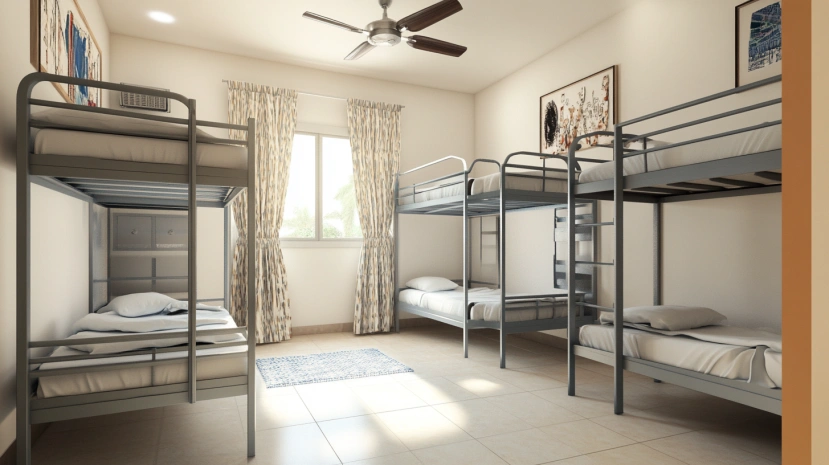
Choosing between a hostel and a PG depends on a person's lifestyle, budget, and comfort. The hostel is perfect for a short-term stay and for socialising, whereas PGs are better for long-term stays and a homely environment. Below are a few pointers which will help you decide in a better way:
- Cost: Hostels are cheaper and are perfect for short-term stays, while PGs are a bit costlier and are suitable for long-term stays.
- Privacy: PG has a little more privacy with a personal room, while hostels have shared space with limited privacy.
- Freedom: Hostels offer more independence and no restrictions, while PGs have curfews and restrictions imposed by the landlord families.
- Lifestyle: Hotels let you socialise with people and create a lively space, while PGs are quieter.
- Amenities: PGs usually have home-like amenities and comfort. Whereas hostels have basic shared facilities like a lounge and a kitchen
- Security: PGs have more security because they are generally in residential areas, while hostels offer limited security and just locker facilities, which are not always safe.
The Final Verdict: Hostel or PG, which is better?
The difference between PG and hostel in India boils down to crucial factors like cost, living conditions, and cultural immersion. Hostels provide an economical, communal living setup, while PGs offer a homelier atmosphere with opportunities for cultural immersion. Regardless of your choice, NoBroker is your ally in finding the perfect accommodation.
Our platform facilitates direct connections between property owners and tenants, streamlining your search for the ideal Difference between a PG and a hostel. We invite our readers to share their own experiences and inquiries about hostels and PGs in India. NoBroker remains dedicated to assisting property owners in finding renters and aiding students and professionals in their quest for suitable lodging. We're committed to ensuring your hunt for student housing in India is as seamless and stress-free as possible.
Top Cities with Popular Hostels and PGs
For those seeking hostels or PGs in India, this table highlights the top cities, their key features, lifestyle advantages, and typical monthly rents, helping students, professionals, and travellers make well-informed accommodation choices.
| City | Highlights | Typical Monthly Price Range* |
| Bangalore | A central hub for IT professionals and students; PGs and hostels are abundant. | About ₹7,000 to ₹15,000 for many PGs. |
| Mumbai | Dense city with hostels and PGs near business districts and educational institutions. | Approximate range ₹8,000 to ₹16,000 depending on location and amenities. |
| Delhi | Strong connectivity, many educational and job centres, a wide range of PGs & hostels. | Starts around ₹5,000 – ₹8,000 for basic PGs; can go much higher. |
| Pune | Student‑friendly city with both budget hostels and comfortable PGs near colleges. | February estimates suggest ₹8,000 to ₹12,000 in many cases. |
| Chennai | Educational and tech hub; PGs and hostels emphasise security and convenience. | Typically ₹8,000 upwards for decent PGs; specifics vary by locality. |
Conclusion: NoBroker Services
It can be tough to find the right hostel or PG in India, given the many options. NoBroker makes it easier by letting you explore verified PGs and hostels in major cities. You can filter listings by budget, location, amenities, and your stay preferences. The platform provides detailed information on rooms, facilities, and nearby transport, so students, working professionals, and travellers can make informed choices. With NoBroker, you can compare options, read reviews, and contact property owners directly without paying extra brokerage fees. This makes finding the right place easier, giving you a smoother experience.
Frequently Asked Questions
Ans: A hostel is a type of accommodation that offers budget-friendly rooms to travellers. Hostels often have shared facilities, like kitchens and lounges, and may also offer events and activities to help guests socialise.
Ans: PG hostel means paying guest hostel, is a type of accommodation where individuals rent a room within a shared facility, typically in a residential area. It offers a blend of hostel and home-like environment, often providing meals and basic amenities for a fee.
Ans: Pros: cost-effective, communal living, social atmosphere. Cons: limited privacy, noise, no control over whom you're sharing with.
Ans: Pros: home-like environment, cultural immersion, privacy. Cons: less flexible, fewer communal spaces, higher cost.
Ans: For budget travellers, hostels are often the best option as they offer a range of budgets.
Ans: Generally speaking, hostels are the cheaper option as they offer dormitory-style rooms at a lower cost. However, the cost of staying with a paying guest can vary depending on the location and amenities offered.
Ans: Both solo travellers and those travelling in a group can find hostels to be a suitable option. Hostels often have an intense sense of community, making it easy to meet other travellers and make new friends.
Ans: Hostels are known for their cost-effective and communal living, while paying guests offer a home-like environment and an opportunity for cultural immersion. The right choice depends on individual preferences and travel goals.
Ans: PGs provide shared living spaces, meals, and additional services. At the same time, rented rooms offer more privacy but typically do not include meals or extra services, allowing tenants more freedom and responsibility.
Ans: No, staying in a hostel is not mandatory for PG students. Many prefer PGs or rent rooms for greater flexibility, privacy, and comfort, better fitting their needs and lifestyle.
Ans: The complete PG form is "Paying Guest." It refers to a living arrangement where individuals pay rent to stay on someone's property, usually with shared or private rooms, and meals are often provided.
Ans: Yes, many PG accommodations offer single rooms for individuals who prefer to stay alone. These rooms may come at a higher cost compared to shared accommodations, but they offer more privacy.
Ans: It depends on personal preferences. Hostels are cheaper and foster social interaction, while PGs offer more privacy, meals, and additional amenities but typically come at a higher price for greater comfort and convenience.
Ans: Some PGs either are boy-only or girl-only, while a few are mixed, depending on the allowance of the landlord. Be sure to check what rules guide the settlement of the PG before making a reservation.
Ans: Yes, PG hostels in Bangalore are good for students because they are convenient, cheaper, and modern. They also offer Wi-Fi, food, and laundry services.
A: PG stands for Paying Guest. This is a type of accommodation where you pay rent to stay in someone’s home or in a space set aside for PG residents. Most PGs offer meals, basic amenities, and a more home-like atmosphere.
A: Usually, PGs cost a bit more than hostels because they provide more privacy, meals, and extra facilities. Hostels are cheaper and have shared rooms and common spaces.
A: It depends on what you need. Hostels are good if you want something affordable and social. PGs are better if you prefer more privacy and comfort, making them well-suited for students and professionals.
A: PG room usually has a bed, storage, basic furniture, meals, laundry, Wi-Fi, and sometimes housekeeping. What’s included can change from place to place, but the main goal is to make things easy and comfortable.
Loved what you read? Share it with others!
Most Viewed Articles
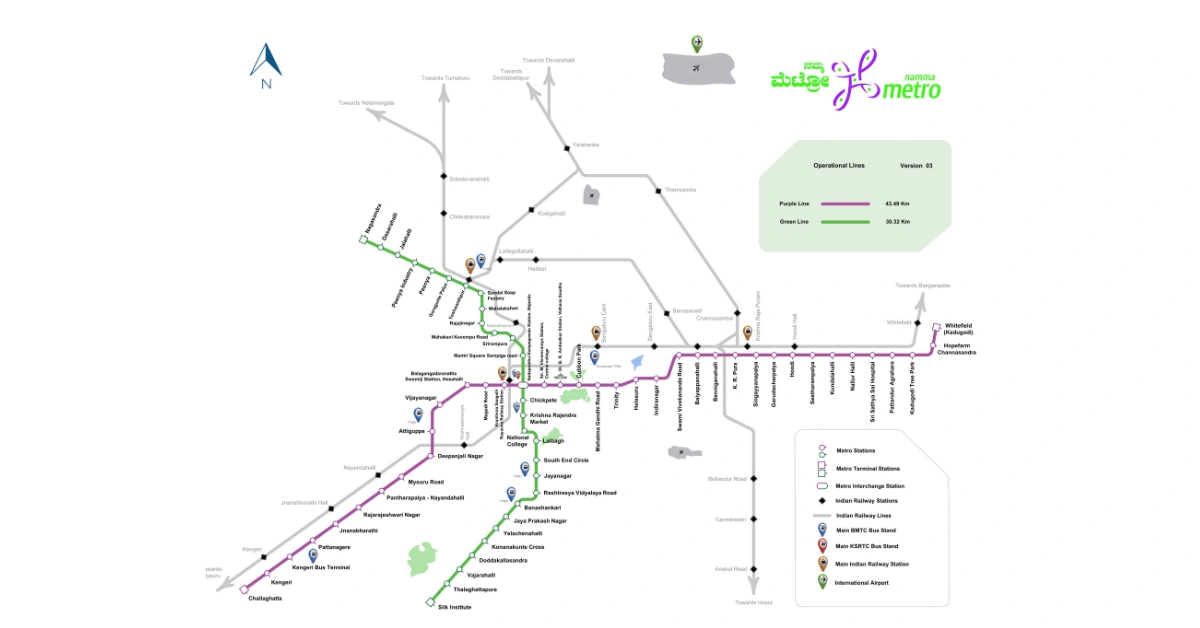
Bangalore Metro: Map Route, Timings, Lines, Stations List and Updated News 2025
May 4, 2025
474294+ views
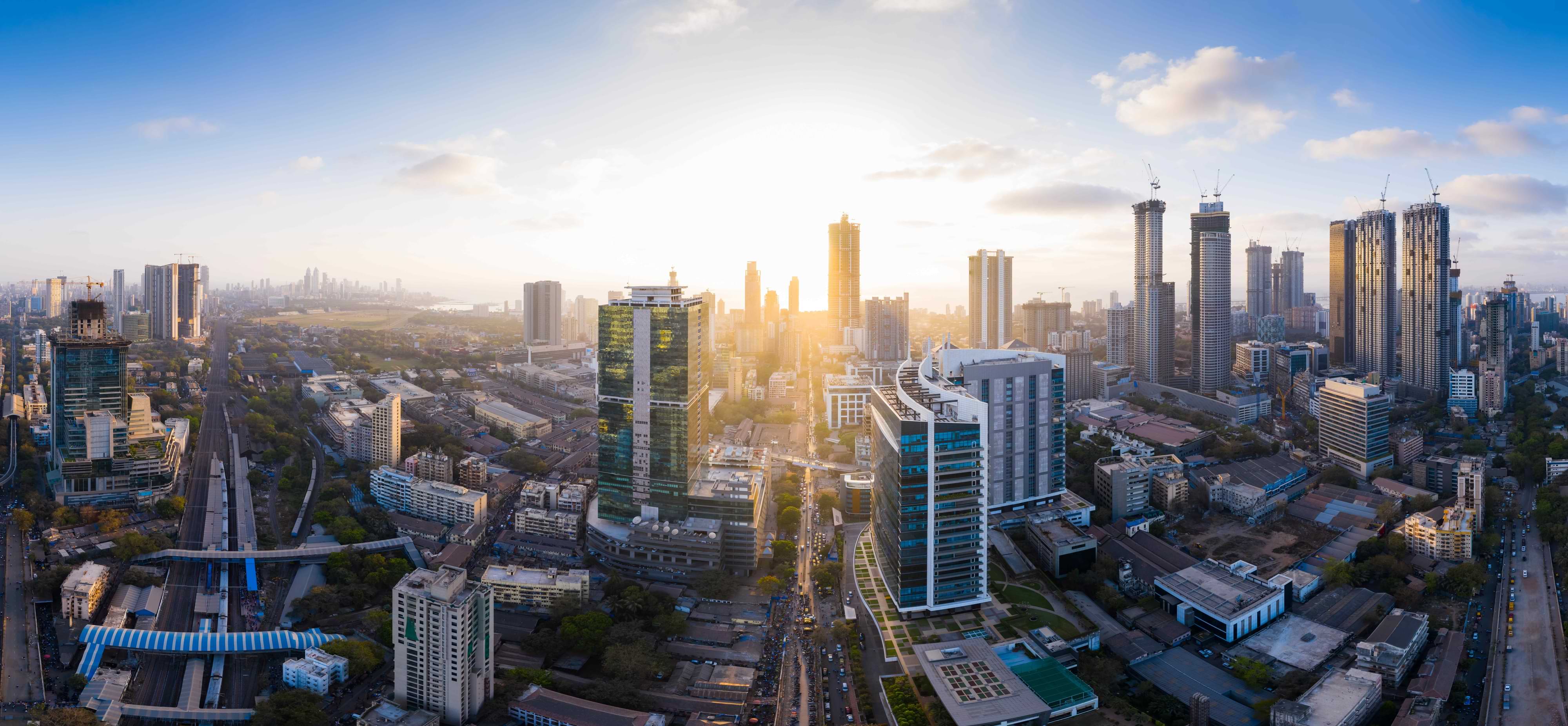
Top 12 Richest Cities in India: GDP and Ranking in 2025
March 13, 2025
344299+ views

Purple Line Metro Bangalore: Routes, Maps and Timings and Fares
May 1, 2025
261479+ views

Yellow Line Metro Bangalore: Route, Map Timings, Stations and Fares in 2025
May 2, 2025
251016+ views

The Green Line Metro Bangalore: Routes, Maps, fares and Nearby Residential Areas
April 10, 2025
214246+ views
Recent blogs in
Top 15 IT Companies in Chennai: Locations, Specializations and Nearby Localities to Live in 2026
January 14, 2026 by Krishnanunni H M
Top 18 Biggest Malls in India: Location, Area Size and Key Highlights in 2026
December 26, 2025 by Vivek Mishra
Narayanguda Metro Station Hyderabad: Map, Fares, Timings and Nearby Localities to Live
December 12, 2025 by Vivek Mishra









 Full RM + FRM support
Full RM + FRM support
Join the conversation!